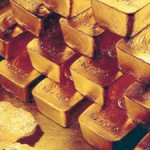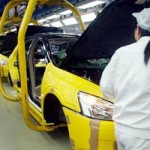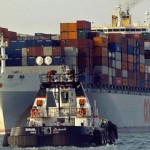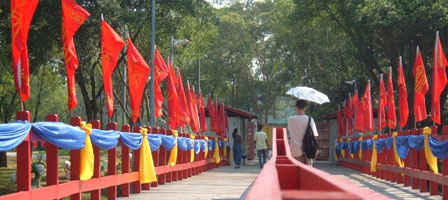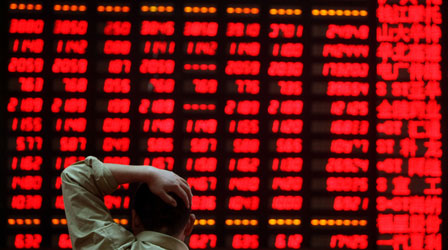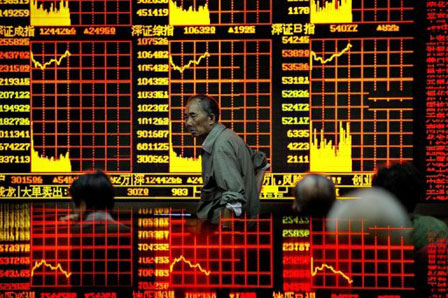continued from > The Case for Investing in China Now
• The government is squeezing the cash flow of property developers to force them to develop their idle land banks. It’s boosting the supply of new housing for sale, which is depressing prices.
• Although domestic consumer demand continues to grow fast, it’s off a low base. Private consumption is still only one-third of the Chinese economy, which remains far too dependent on capital investment and exports.
• Government policy remains committed to maintaining strong economic growth, which means Beijing will take its feet off the brakes the moment there are any signs of too much of a slowdown.
• Official stimulus will be maintained to promote long-term provision of public housing for those on low incomes, improvements to education and healthcare services, and regional development in western China.
• There are also political constraints on tough policies to restrain growth. Ahead of the five-year changeover of officials due in early 2013, local-government bureaucrats and their associated interests are keen to invest in projects and spend money before their time in control of events runs out, and are reluctant to see higher interest charges on bank loans to state-owned companies and local governments.
• Inflation risk is much less than it seems. Food prices, which fluctuate in response to temporary factors such as bad weather, accounted for three-quarters of the 4.4 per cent increase in consumer prices for the 12 months to October.
• The bureaucrats forced the banks to raise much more capital from the share markets to strengthen their balance sheets against the risk of bad debts based on unwise lending last year to regional and city governments. However, that surge in supply of stock is coming to an end. Banks look well-financed to cope with future disappointments and deliver a surge of new lending when Beijing gives the green light.
• China, now the world’s biggest exporter, has mind-boggling resources to cope with any setbacks on foreign fronts – huge state-of-the-art factories so internationally competitive that surpluses pile up at a rate of $25 billion or so every month, foreign reserves of more than $2½ trillion, and tight control over exchange rates and capital inflows.
• It also has a massive flow of domestic financial resources based on very high savings, conservative government finances and a culture of thrift. No need to “print” the stuff to buy government bonds or toxic mortgage loans.
• Shares are generally not expensive, with the Shanghai Composite index trading at 16 times forecast earnings for the current financial year – well below the average for the past five years. London analyst David Fuller recently commented that the world’s fastest-growing economy “is selling on future multiples which are competitive with those in the slow-growth West.”
Anthony Bolton, the highly-regarded stock-picker who recently moved to Asia to run a new China fund for Fidelity International, points out that Chinese companies listed in Hong Kong generally trade at prices offering better value than their equivalents on the mainland exchanges.
• China is still largely a command economy in the hands of highly-trained technocrats who can and have moved rapidly and forcefully to implement policies to counter crises. They can act with far fewer of the foot-dragging effects of political consensus-seeking and pandering to special interests found in the West and in Japan.
source and CopyRight OnTarget Newsletter by Martin Spring
next > Weakness now is an opportunity to buy

